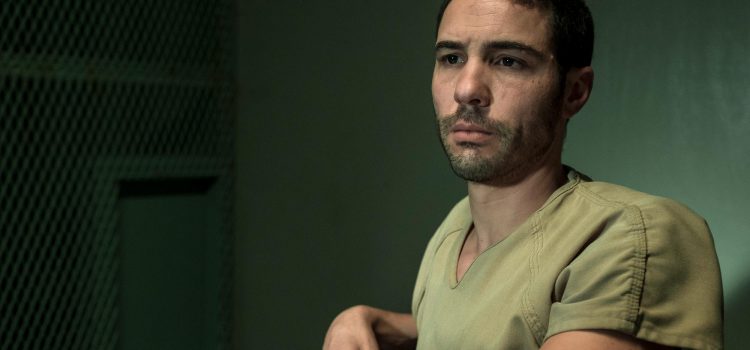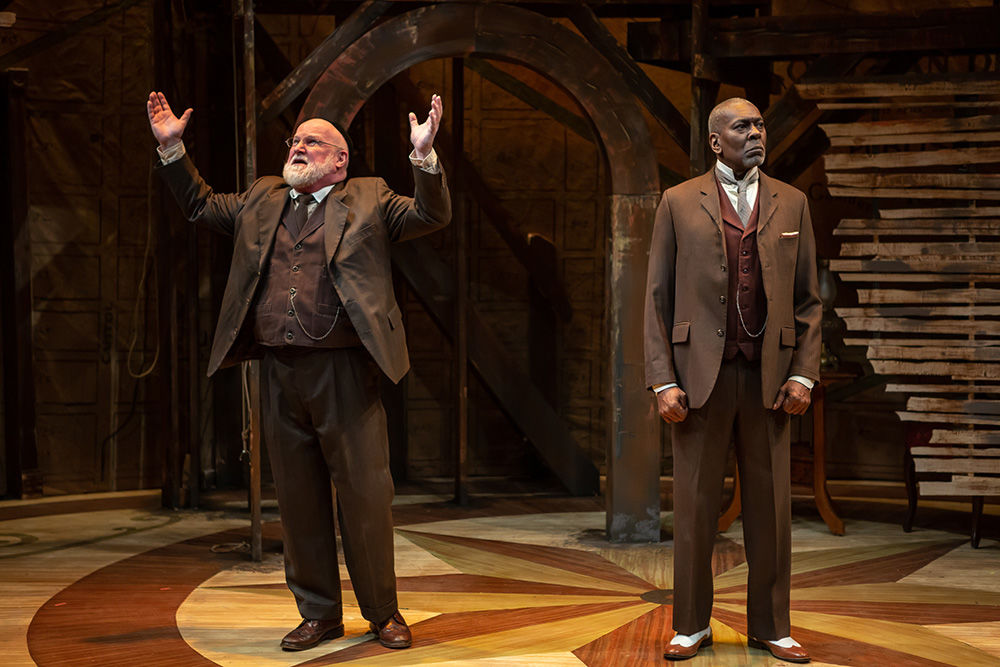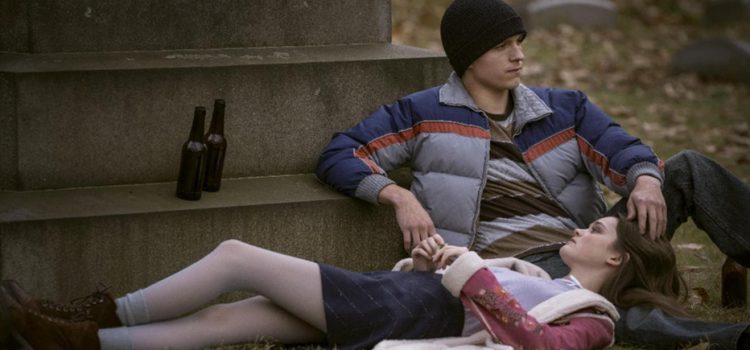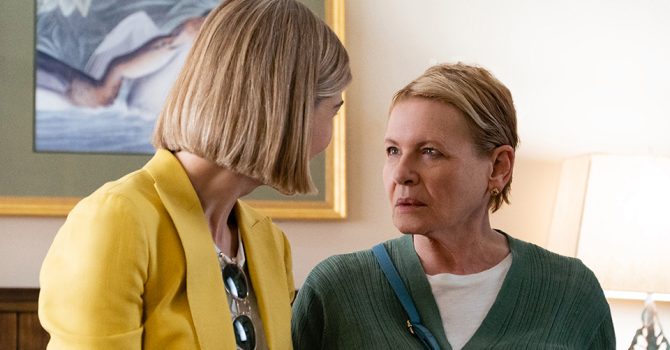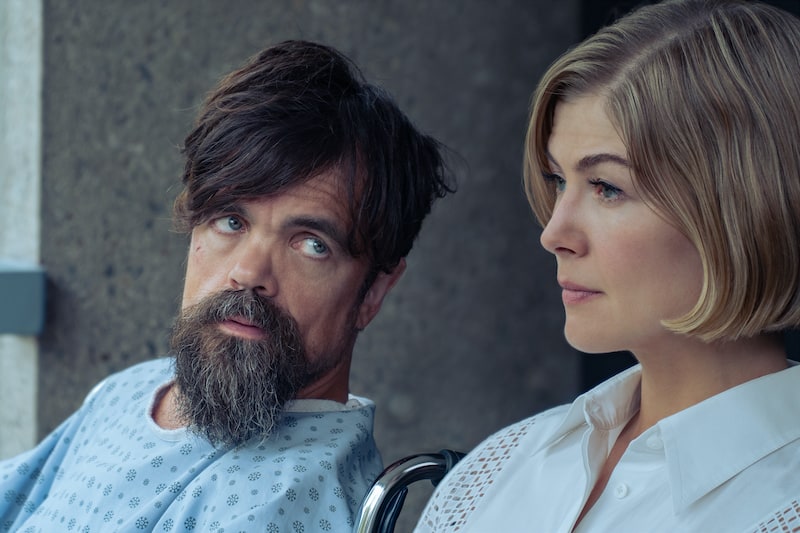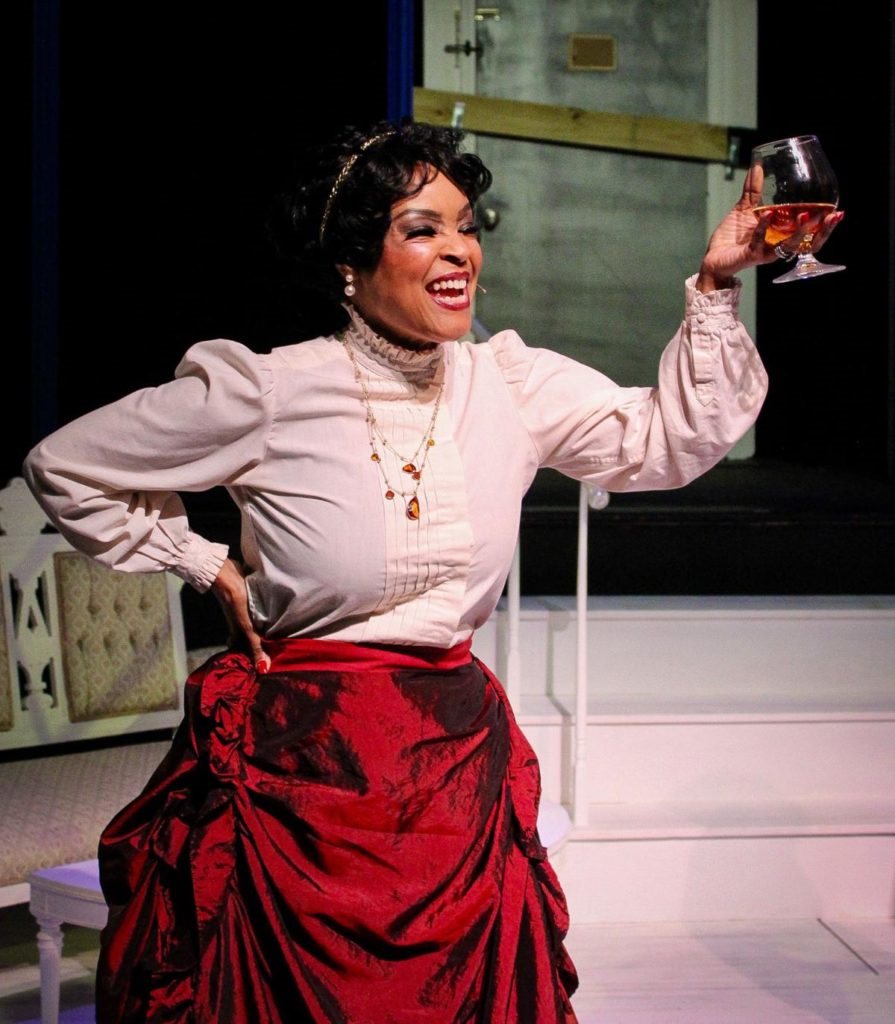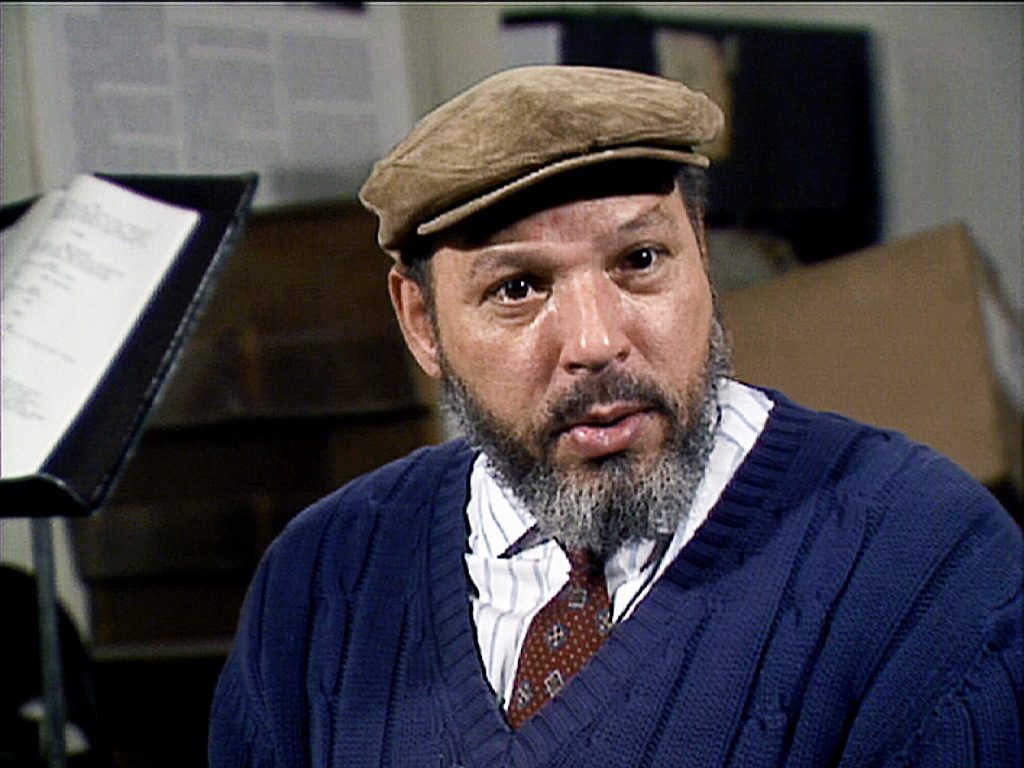By Lynn Venhaus
What happened to Mohamedou Ould Slahi at Gitmo is a stunning example of how things went wrong in the aftermath of 9-11, and as facts have come out over the years, this miscarriage of justice really is unconscionable.
“The Mauritanian” is the true story of Slahi (Tahar Rahim), who wrote the best-selling 2015 memoir “Guantanamo Diary,” which detailed his fight for freedom after being detained and imprisoned without charge by the U.S. government for nearly 15 years.
Accused of being the recruiter for those who attacked the Twin Towers and the Pentagon on Sept. 11, 2001, he is eventually represented by defense attorney Nancy Hollander (Jodie Foster) and her associate Teri Duncan (Shailene Woodley). Along with evidence uncovered by military prosecutor Lt. Col. Stuart Couch (Benedict Cumberbatch), the legal team discovers a shocking and far-reaching conspiracy.
Understandably, the fear of another terrorist attack was high 20 years ago. But what happened to detainees and the failure of the legal system is illuminated here. Think of this film as a companion piece to another record, “The Report,” a 2019 political drama about an FBI agent’s investigation into the CIA’s interrogation techniques.
And like that film, the evidence is exhausting. Although hard to watch when brutal unethical treatment and torture is shown, “The Mauritanian” is compelling as a procedural narrative.
The film gets bogged down in the dense material, but through excruciating details, screenwriters M.B. Traven and Rory Haines, with Sohrab Noshirvani, have recounted what happened
Helping to provide lucidity is a strong cast, whose dedication to telling this story is obvious. In a remarkable performance, Tahar Rahim makes us feel what he feels. He nimbly alternates speaking English, French and Arabic during the 2-hour, 9-minute film.
Rahim, first noticed in “A Prophet,” a 2009 French drama about a Muslim taken under the wing of a Corsican crime boss in prison, offers a riveting, nuanced portrait of Slahi.
The ever-authentic Benedict Cumberbatch, who also is listed as one of the producers, nails a Southern accent as the dedicated Lt. Col. Stuart Couch, whose integrity helps gets the atrocities noticed.
In a no-nonsense role that suits her, Jodie Foster serves her subject Nancy Hollander well, and she makes a good team with Shailene Woodley’s Teri. Their dogged digging shows the tediousness of the actual legal work and their fierce focus on the rule of law is emphasized. One never doubts either’s commitment.
His righteous anger transparent, Kevin Macdonald, who directed “The Last King of Scotland,” shows the travesty of what transpired with multiple exclamation points.
Editor Justine Wright does fine work, and the music score by Tom Hodge is used effectively.
Although the execution is uneven, the film’s faithfulness to Slahi’s story is admirable. And the performances give it the gravitas it needed to be persuasive.
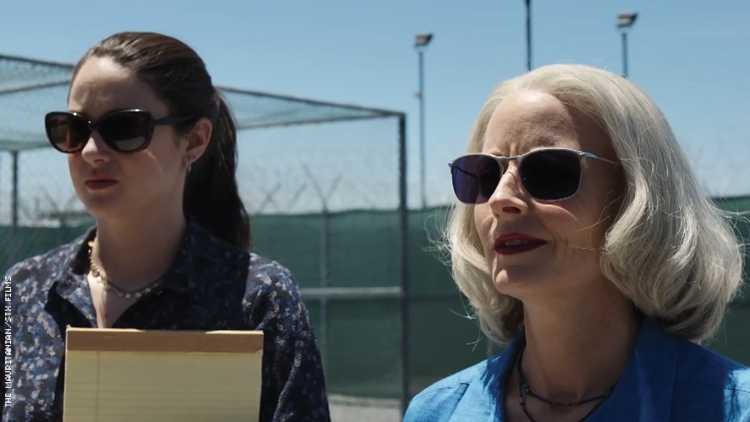
“The Mauritanian” is a true-story based drama directed by Kevin Macdonald and starring Tahar Rahim, Jodie Foster, Shailene Woodley and Benedict Cumberbatch. Rated R for violence including a sexual assault, and language, its runtime is 2 hours and 9 minutes. Lynn’s Grade: B. It opened in theaters Feb. 12 and on video platforms March 2.

Lynn (Zipfel) Venhaus has had a continuous byline in St. Louis metro region publications since 1978. She writes features and news for Belleville News-Democrat and contributes to St. Louis magazine and other publications.
She is a Rotten Tomatoes-approved film critic, currently reviews films for Webster-Kirkwood Times and KTRS Radio, covers entertainment for PopLifeSTL.com and co-hosts podcast PopLifeSTL.com…Presents.
She is a member of Critics Choice Association, where she serves on the women’s and marketing committees; Alliance of Women Film Journalists; and on the board of the St. Louis Film Critics Association. She is a founding and board member of the St. Louis Theater Circle.
She is retired from teaching journalism/media as an adjunct college instructor.

